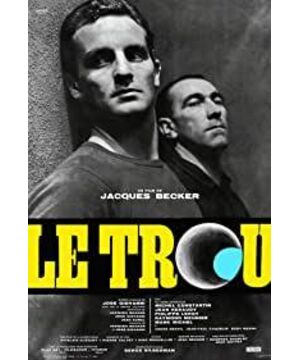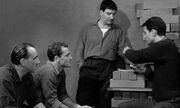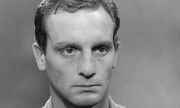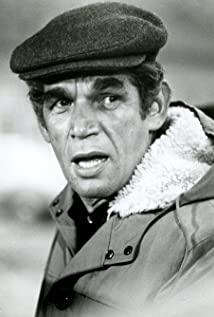After watching the movie and the movie review, I didn't understand the movie. Whistleblower, conspiracy, human cage? The brain hole is wide open, is this the warden's conspiracy against Claude, or is the warden using Roland's conspiracy? I think Claude betrayed everyone, but the prison guards did not search directly. In the end, he still entered No. 7. Only Roland turned his head and said the last sentence, which made people feel puzzled. As the initiator, Roland is smart and powerful enough. It would be a pity if it was just a bait for the warden to "fish for law enforcement". If he just keeps fishing in this one prison, his reputation will always be revealed and his roommates will not trust him. From a psychological point of view, Claude has the most motivation and the most opportunity (Roland did not see the opportunity to inform), the last long talk with the warden, plus the prison guard entering, the last yell, the last silent, the prison guard The contemptuous glance, without stripping him, always felt that Claude was the most suspicious. But based on 1960, how did Roland get out of prison? Is a prisoner who has escaped prison many times, is he released after serving his sentence or escaped again? Why was he the only one who turned back and said that in the end?
Delicate, direct, and simple, each close-up shot is a great challenge to directors and actors. The story is very simple, with no extra foreshadowing, no shooting dazzling skills, and no background music. As others have commented, it is similar to many movies of that era, and it is fascinating with pictures, simple movements and detailed expressions. At the same time, it is more rational, more complex, and more profound. I felt a little boring. At the beginning, I felt that the actors were all facial paralysis, not as intense as the American drama version, and not as inspiring as Shawshank, but after reading other people's comments, I felt that this movie was extremely complicated and profound in its simplicity. I like the feeling of that era, not the visual impact, but the trembling of the soul.
It's a pity that I have too little experience to analyze every expression carefully, which is superficial.
View more about
Le Trou reviews











